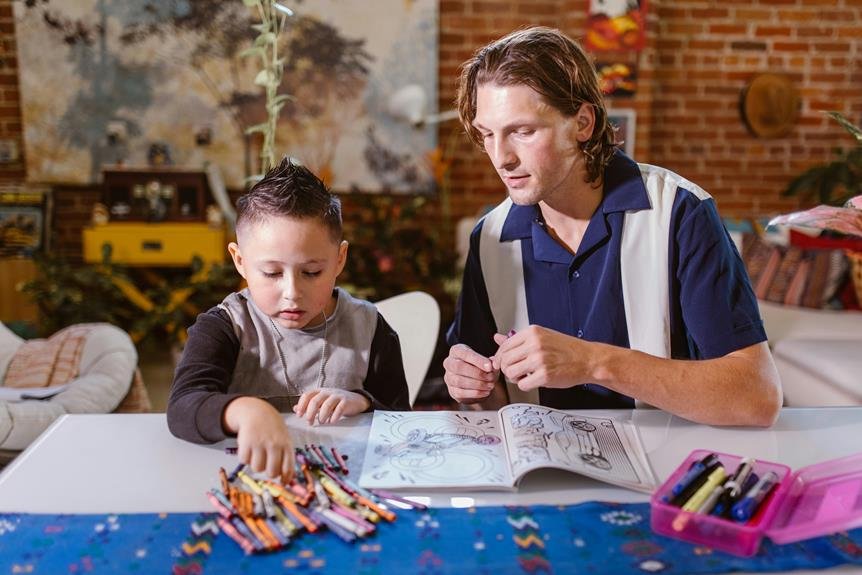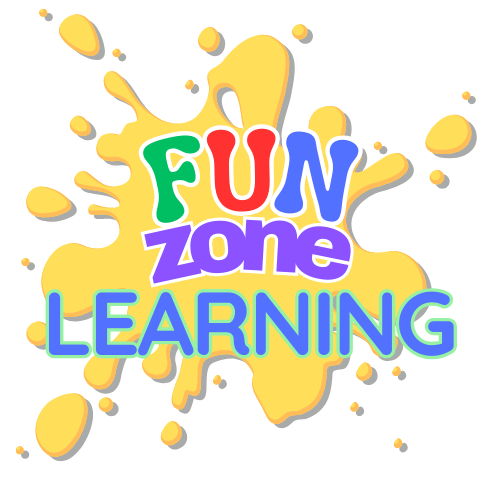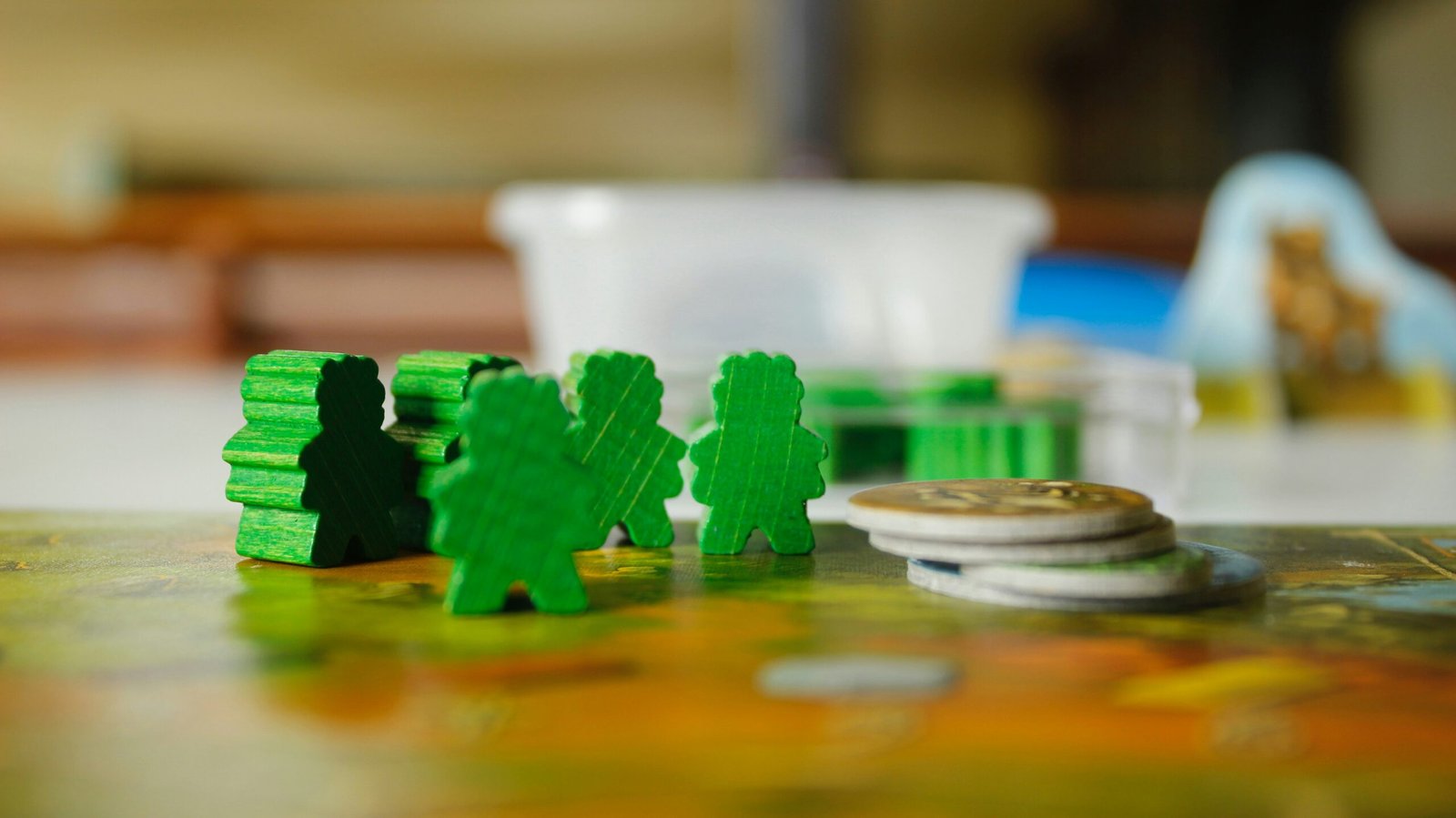
You might be curious about how Montessori methods play a significant role in early learning. The unique approach focuses on empowering children to take charge of their education while nurturing essential skills that set a strong foundation for future growth. By emphasizing independence, hands-on experiences, and social-emotional development, Montessori education offers a holistic learning environment that expands beyond traditional teaching methods. This method not only enhances academic knowledge but also cultivates crucial life skills that are invaluable for a child's overall development.
Montessori Principles for Early Learning
To establish a strong foundation for early learning, incorporating Montessori principles can significantly enhance a child's educational experience. Montessori principles emphasize independence, freedom within limits, and respect for a child's natural psychological, physical, and social development. By allowing children to learn at their own pace and explore their interests, Montessori education fosters a love for learning that lasts a lifetime.
One key Montessori principle is the prepared environment. This concept involves creating a learning space that's orderly, aesthetically pleasing, and accessible to children. In such an environment, children can engage with materials that are specifically designed to enhance their cognitive and sensory development.
Another crucial aspect is the role of the Montessori teacher as a guide. Instead of being the primary source of information, the teacher acts as a facilitator, observing each child's needs and progress and providing guidance when necessary. This approach promotes self-directed learning and critical thinking skills from an early age.
Benefits of Hands-On Learning
Hands-on learning fosters deeper understanding and engagement in educational activities. By actively participating in hands-on experiences, you can enhance your comprehension of complex concepts. When you manipulate objects, conduct experiments, or engage in interactive lessons, you create lasting memories that solidify your learning. This type of learning allows you to see the direct impact of your actions, making the educational process more tangible and meaningful.
Moreover, hands-on learning encourages you to explore and discover through trial and error. Instead of passively receiving information, you actively seek solutions, fostering critical thinking skills and problem-solving abilities. This approach not only increases your academic knowledge but also equips you with practical skills that can be applied in real-world situations.
Through hands-on learning, you develop a sense of ownership over your education, leading to a greater sense of accomplishment and motivation. By actively engaging with materials and activities, you can personalize your learning experience and uncover your unique interests and strengths.
Promoting Independence and Self-Discipline
Fostering independence and self-discipline in early learners is crucial for their overall development and growth. Montessori methods excel in promoting these qualities by providing children with opportunities to make choices and take ownership of their learning. In a Montessori environment, children are encouraged to select activities that interest them, work at their own pace, and take responsibility for completing tasks.
Through this approach, children develop a sense of autonomy and self-reliance. They learn to concentrate on tasks for extended periods, building their self-discipline. Montessori classrooms are designed to allow children to move freely, choose their work, and engage in activities that align with their interests. This freedom within limits fosters a sense of independence while also teaching children to respect boundaries and follow guidelines.
Fostering Social and Emotional Development
Moving on from promoting independence and self-discipline, another key aspect of early learning enhanced by Montessori methods is the nurturing of social and emotional development in young learners. In Montessori classrooms, children learn to interact with peers of different ages, fostering a sense of community and cooperation. This multi-age environment encourages older children to mentor younger ones, promoting empathy and leadership skills while helping younger children feel supported and valued.
Through activities like group projects and collaborative play, children develop essential social skills such as communication, conflict resolution, and teamwork. Montessori also emphasizes emotional intelligence by teaching children to recognize and manage their feelings in a healthy manner. By providing a supportive and respectful environment, Montessori methods help children build self-confidence, empathy, and resilience.
Furthermore, the freedom within limits approach in Montessori allows children to explore their emotions and social interactions at their own pace, promoting self-awareness and emotional regulation. Overall, Montessori's focus on social and emotional development lays a strong foundation for children to navigate relationships and handle emotions effectively throughout their lives.





